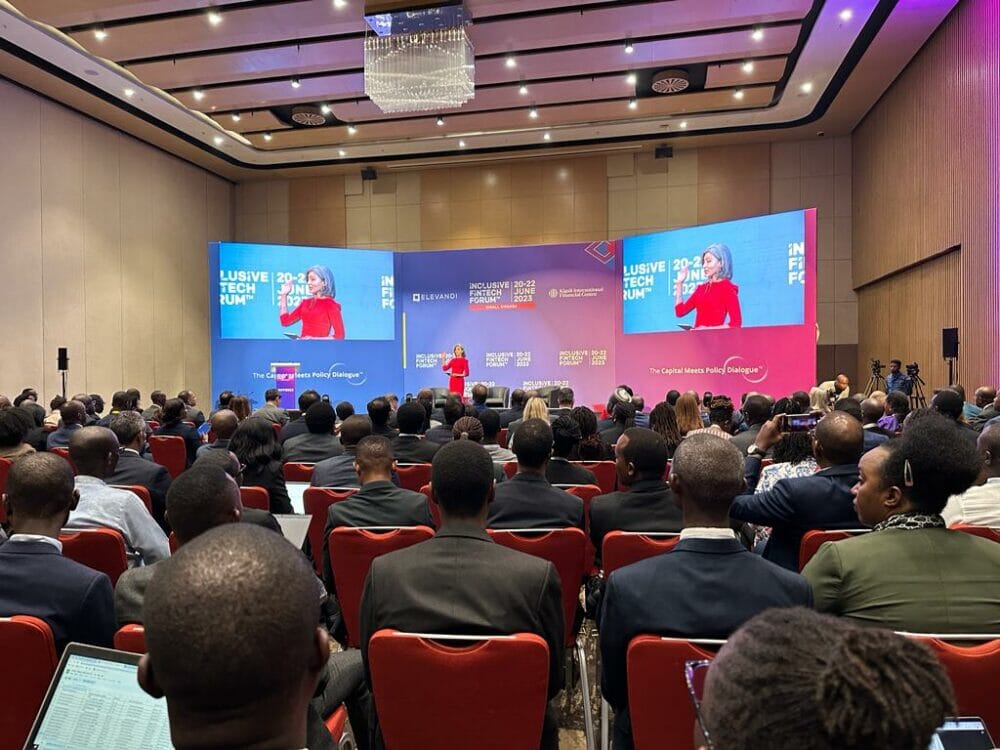Why awards matter more than ever
Despite a proliferation of awards programmes, winning awards has not got any easier. Here’s why.
Business and finance awards have, if anything, gained in importance in recent years. Awards matter more than ever. Why is this?
For the publishers, they represent a very important line of business. With the diminution of advertising revenue, awards have become a major – and in some cases the major – source of revenue.
This isn’t to say that awards can be bought. It’s rather that awards dinners, reprint sales, plaques and all the other ways publishers have come up with to monetise their awards, now make a much bigger proportion of the top line than they did before, both on an absolute and a relative basis.
But publishers remain aware that awards programmes need to have credibility. The submission process for some can be cumbersome. But it’s the price that publishers put on their awards’ credibility.
This credibility is also why understanding how to win business and finance awards is so important. In very competitive markets, where sectors are being continually consolidated, it can be difficult to see any difference between competing institutions.
The validation that comes from a disinterested third party conferring an award can be very valuable for winning new business, for marketing, and, yes, for securing bonuses.

Everyone loves winning awards. But the process involved is far from straightforward.
It is an involved process. It encompasses the nominees and their teams who prepare the submissions, for the editorial panels and judges who make the decisions, for the journalists who write up the winners. And even the logistics teams who put on the awards presentation event. It’s not difficult per se. But it is a lot of work.
Experience counts when it comes to awards. The experience to know: which awards to go for, whether you truly deserve to win, the key elements of an awards pitch (and how these change from year to year), and how to influence the people who make the decisions.
The key understanding here is that pitching for an award is very different from making a commercial pitch. On the surface, they might look the same: ‘why we are the best at this particular business line, or in this particular region’.
But what best means to a potential client and what it means to an awards panel are not the same. The former looks for the best fit for their business. The latter looks for the best fit for their narrative.
Quantitative vs qualitative
Some awards are judged quantitatively – say the best performing fund within a predefined strategy such as Long Short European equity.
Other awards are qualitative. But these also generally have a quantitative element.
For example, a category such as Best Local Currency Bond House will take league table positioning into account. But this is not to say that whoever tops the league will automatically win the award.
“It is the qualitative considerations that make the awards process more nuanced. And one thing to remember if you are pitching to a journalist, is to give them a narrative.”
Journalists write stories: it is the language they speak. As a result, it’s not necessarily just a question of the biggest and busiest institutions winning the awards.
It is the ones that can define their performance within a strategy that fits into the wider context of what’s been going on during the awards time-period.
The submission document, and the subsequent pitch, should bear this in mind. The stronger the narrative the better, even if it costs some of the limited space available and perhaps sacrificing some additional information.
A narrative effectively does the judges’ job for them because it focuses their attention on the most important criteria being judged. It’s also much more honest than just trying to find inventive ways to say you are the biggest.
This frees the pitch from manipulated figures and league table positions, which every journalist can spot a mile off (and hates).
At Resonate Global, we know what it takes to win awards having sat on both sides of the table. We advise clients on the content, structure and narrative of their pitches and submissions. We know that awards matter more than ever – to our clients, their teams, and their clients. Awards bring rewards.






